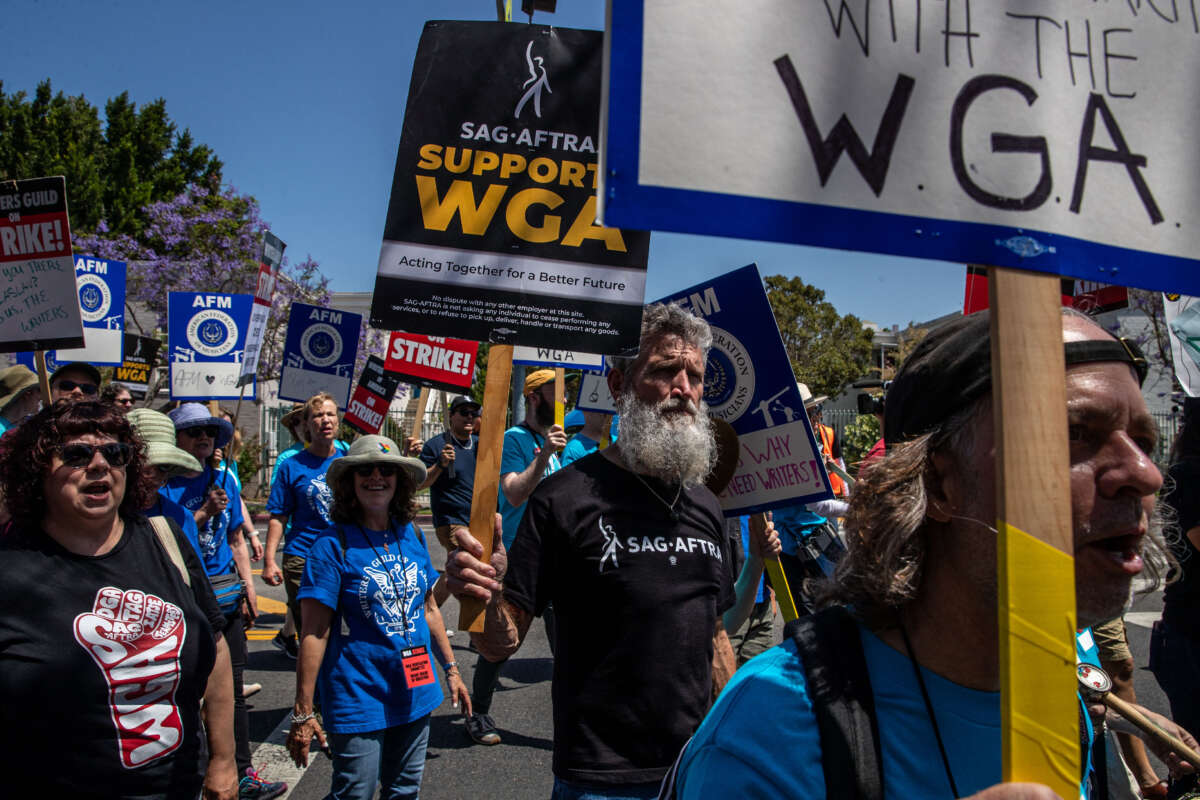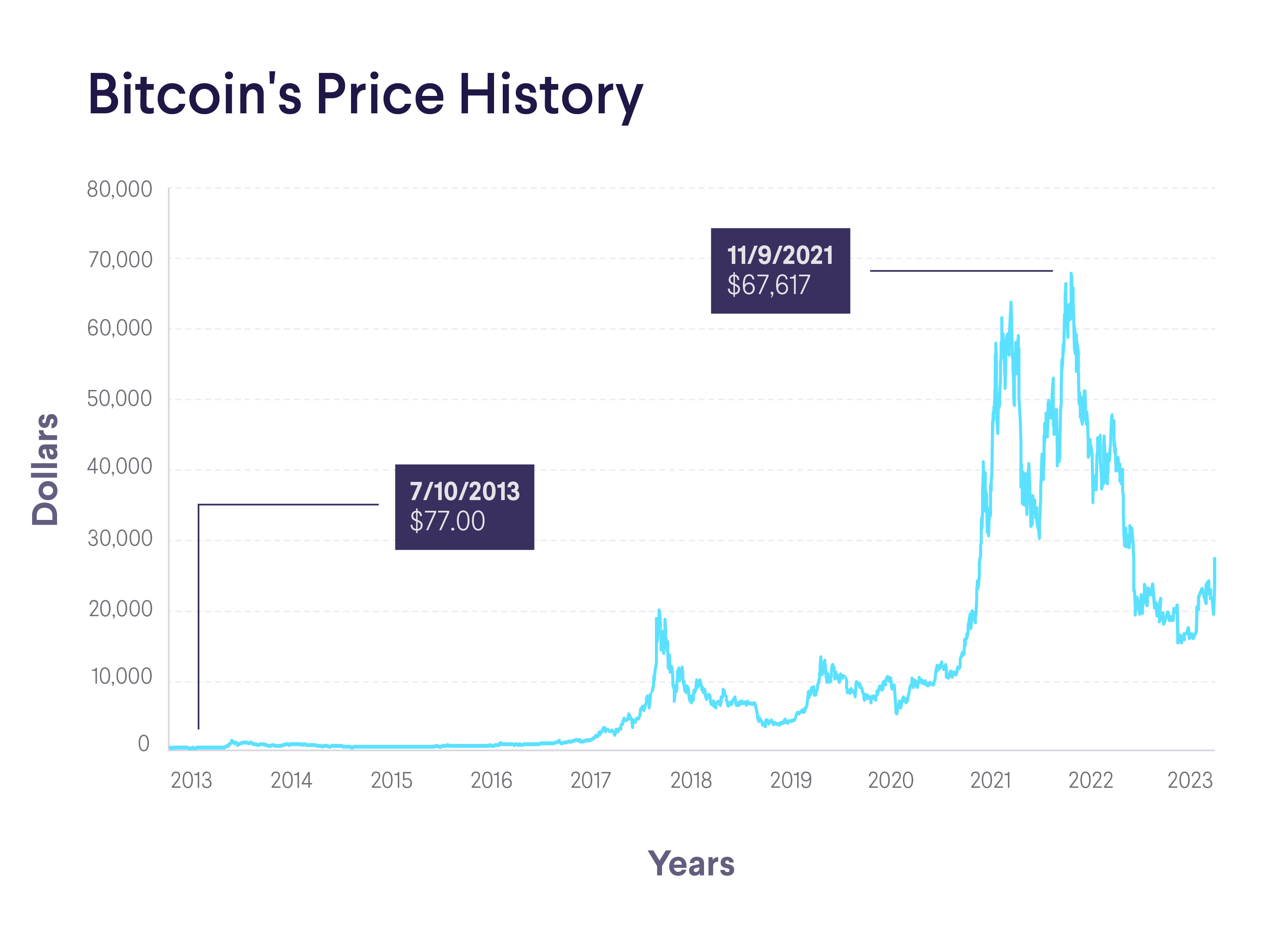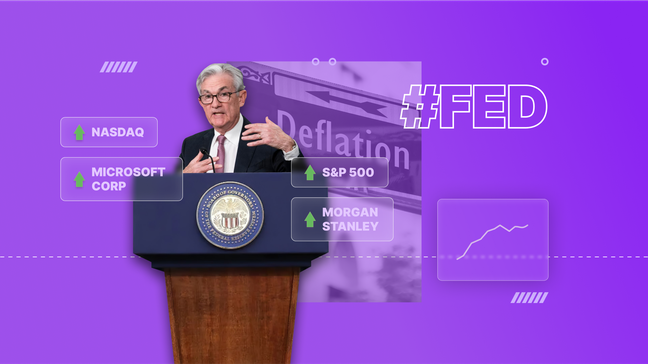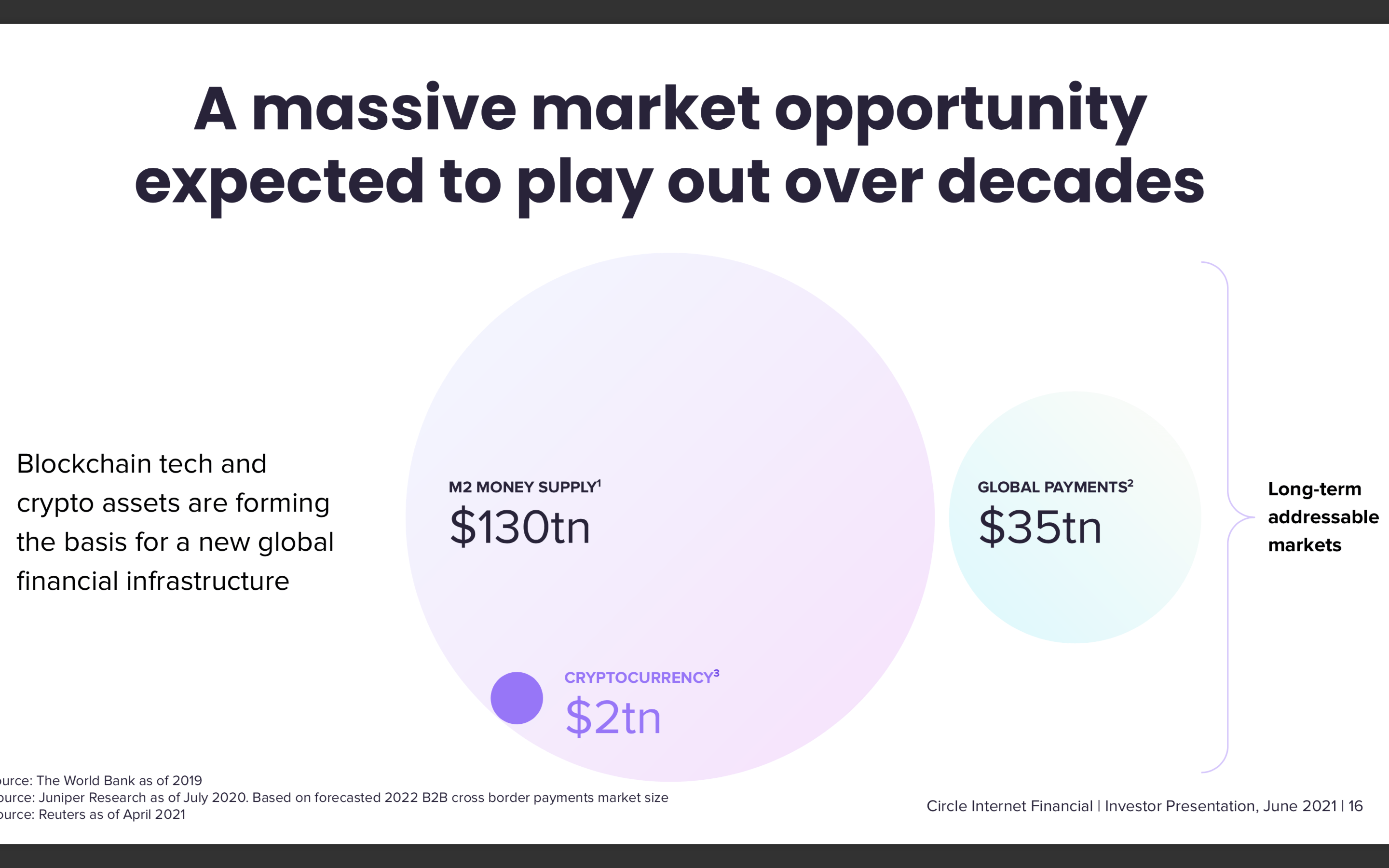Hollywood Production Grinds To Halt Amidst Joint Actors And Writers Strike

Table of Contents
The entertainment industry is facing an unprecedented crisis. For the first time in decades, both the Writers Guild of America (WGA) and the Screen Actors Guild – American Federation of Television and Radio Artists (SAG-AFTRA) are on strike, bringing Hollywood production to a grinding halt. This joint strike, a powerful demonstration of collective bargaining, signifies a major turning point, highlighting deep-seated issues within the industry's evolving landscape. This article will explore the causes of the strike, its wide-ranging impact on various aspects of the industry, and the potential long-term consequences for film and television production.
Key Demands Driving the Hollywood Strike
The current strike isn't simply about wages; it's a multifaceted fight encompassing crucial issues reshaping the entertainment industry. The core demands reflect the dramatic shifts brought about by streaming services and the rise of artificial intelligence.
Fair Wages and Residuals in the Streaming Era
The transition from traditional television models to streaming platforms has drastically altered the compensation landscape for writers and actors. While streaming services boast massive subscriber bases and generate billions in revenue, the traditional revenue-sharing models haven't kept pace. This has led to significant income disparities compared to the era of network television.
- Reduced Residuals: Streaming deals often provide significantly smaller residuals (payments made to writers and actors for reruns or streaming views) than network television contracts. This is especially detrimental to actors and writers who rely on these payments for long-term financial security.
- Shorter Seasons and Fewer Episodes: Streaming platforms frequently favor shorter seasons and fewer episodes per season, directly impacting the earnings of writers and actors.
- Data Transparency: The lack of transparency regarding streaming viewership and revenue further fuels the actors and writers' concerns about fair compensation. The unions are demanding access to this data to ensure fair and equitable payouts.
- Data supporting the income disparity: Numerous reports from industry analysts highlight the significant drop in residual payments for actors and writers since the rise of streaming platforms. This data underscores the core argument of the strike.
Concerns Regarding AI and its Impact on Creativity
The rapid advancement of artificial intelligence (AI) has introduced a new set of concerns for writers and actors. The potential for AI to generate scripts and create digital replicas of performers poses a significant threat to their livelihoods and creative control.
- AI-Generated Scripts: The fear is that studios might increasingly rely on AI to generate scripts, potentially reducing the demand for human writers.
- Digital Replicas: The creation of digital replicas of actors raises concerns about the potential displacement of actors and the erosion of their unique creative contributions.
- Union Demands: The unions are pushing for regulations on the use of AI in the entertainment industry, demanding safeguards to protect the creative contributions of writers and actors and ensuring fair compensation when AI is used.
- Quotes from Union Representatives: Union leaders have repeatedly emphasized that AI should be a tool to augment, not replace, human creativity, and that its use must be subject to strict ethical and contractual guidelines.
Safe Working Conditions and Harassment Prevention
The entertainment industry has a long history of power imbalances, leading to issues of harassment and unsafe working conditions. The strike also serves as a platform to address these long-standing problems.
- Harassment and Discrimination: The unions are demanding stronger measures to prevent and address harassment, discrimination, and unsafe working environments on set.
- Improved Reporting Mechanisms: The goal is to create more robust reporting mechanisms and better protection for those who come forward with complaints.
- Stricter Enforcement: The unions are advocating for stricter enforcement of existing rules and regulations related to workplace safety and harassment.
- Specific instances: Recent instances of harassment and unsafe working conditions highlighted by SAG-AFTRA and the WGA serve to illustrate the urgency of these demands.
The Ripple Effects of the Hollywood Strike
The impact of the joint strike extends far beyond the immediate concerns of writers and actors. It has triggered a cascade of repercussions across the entertainment industry and related sectors.
Impact on Film and Television Production
The strike has brought numerous film and television productions to a complete standstill, creating a significant backlog of projects.
- Production Shutdowns: Countless projects, from major studio films to independent productions, have been indefinitely postponed.
- Economic Impact on Studios and Production Companies: The shutdown is causing substantial financial losses for studios and production companies.
- Release Date Delays: Upcoming movies and television shows are facing significant delays in their release dates.
- Examples of Affected Projects: The strike’s impact is visible across the board, impacting numerous high-profile and independent productions.
Economic Consequences for Related Industries
The entertainment industry's halt has a domino effect on many interconnected industries.
- Catering, Transportation, and Hospitality: Businesses reliant on the entertainment industry, such as catering companies, transportation services, and hotels, are experiencing significant losses.
- Job Losses: The strike threatens job losses across various sectors related to film and television production.
- Impact on Local Economies: Local economies heavily dependent on film and television production are facing economic hardship.
- Data on Economic Contribution: Statistics highlight the significant contribution of the entertainment industry to the overall economy, illustrating the magnitude of the current economic fallout.
Potential Resolutions and Future of the Hollywood Strike
Negotiations between the unions and the Alliance of Motion Picture and Television Producers (AMPTP) are complex and multifaceted. The outcome will have long-term ramifications for the entertainment industry.
Negotiating Tactics and Challenges
Both sides have employed various negotiating tactics, but reaching a settlement faces considerable challenges.
- Strategies Employed: Both the unions and the AMPTP are employing various negotiating strategies, with each side attempting to leverage its position.
- Key Sticking Points: Core disagreements regarding residuals, AI usage, and working conditions remain major obstacles.
- Industry Expert Commentary: Industry experts offer diverse opinions on the likelihood of a swift resolution and the potential compromises needed.
- Potential Concessions: Reports suggest potential concessions on both sides, but significant hurdles remain.
Long-Term Implications for the Industry
The resolution of this strike will shape the future of the entertainment industry for years to come.
- Changes in Industry Operations: The strike could lead to significant changes in how the industry operates, potentially affecting production models, compensation structures, and creative processes.
- New Regulations or Agreements: New regulations or agreements might emerge addressing compensation for streaming content, AI usage, and workplace safety.
- Impact on the Creative Process: The outcome could influence the types of stories told and the overall creative process.
- Future Union-Studio Relations: The strike will fundamentally reshape the relationship between unions and studios, influencing future negotiations and collaborative efforts.
Conclusion
The Hollywood actors and writers' strike is a significant event with far-reaching consequences. The core issues – fair compensation in the streaming era, AI usage, and safe working conditions – represent fundamental shifts in the industry. The resolution of this strike will not only shape immediate production but also the long-term future of filmmaking and television.
Call to Action: Stay informed about the developments in the ongoing Hollywood actors and writers strike. Understanding the intricacies of this conflict is crucial for anyone interested in the future of film and television. Follow reputable news sources for the latest updates on this crucial event affecting the entire industry. #HollywoodStrike #SAGAFTRA #WGA #WritersStrike #ActorsStrike

Featured Posts
-
 Bitcoin Btc Price Surge Trumps Actions And Fed Influence
Apr 24, 2025
Bitcoin Btc Price Surge Trumps Actions And Fed Influence
Apr 24, 2025 -
 Cybercriminals Office365 Scheme Nets Millions Federal Charges Filed
Apr 24, 2025
Cybercriminals Office365 Scheme Nets Millions Federal Charges Filed
Apr 24, 2025 -
 Open Ais Interest In Google Chrome A Chat Gpt Ceo Statement Analysis
Apr 24, 2025
Open Ais Interest In Google Chrome A Chat Gpt Ceo Statement Analysis
Apr 24, 2025 -
 Market Response To Trumps Remarks On Powell And Us Futures
Apr 24, 2025
Market Response To Trumps Remarks On Powell And Us Futures
Apr 24, 2025 -
 Cantor Tether And Soft Bank A 3 Billion Crypto Spac On The Horizon
Apr 24, 2025
Cantor Tether And Soft Bank A 3 Billion Crypto Spac On The Horizon
Apr 24, 2025
